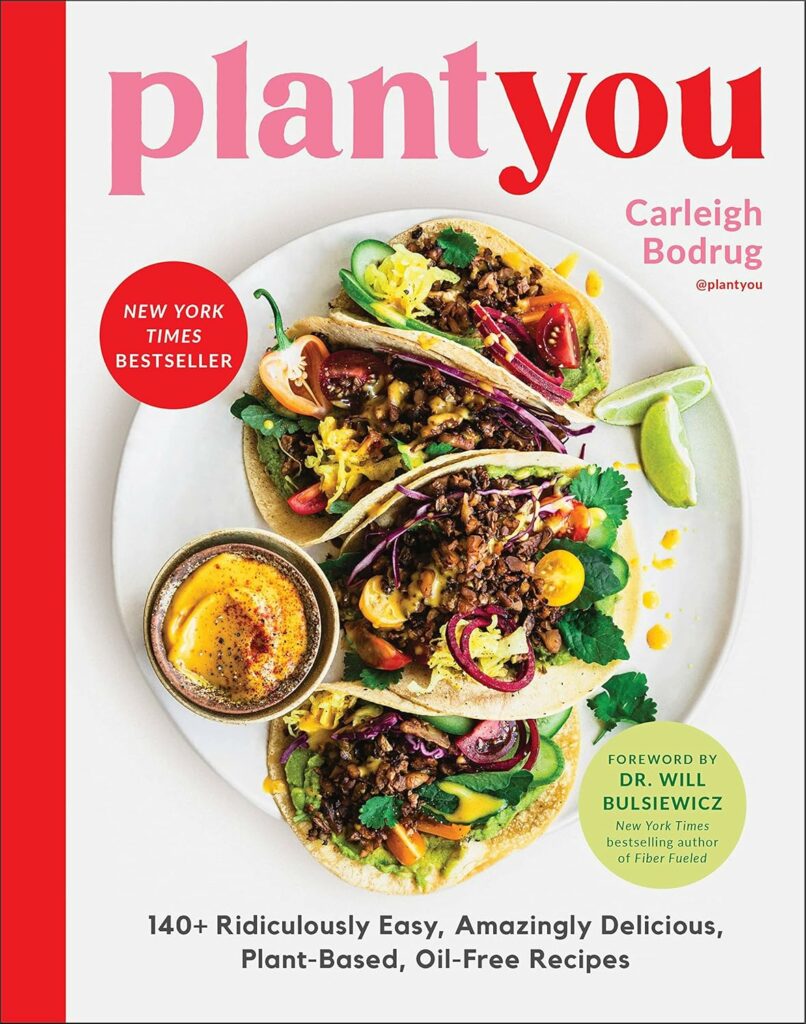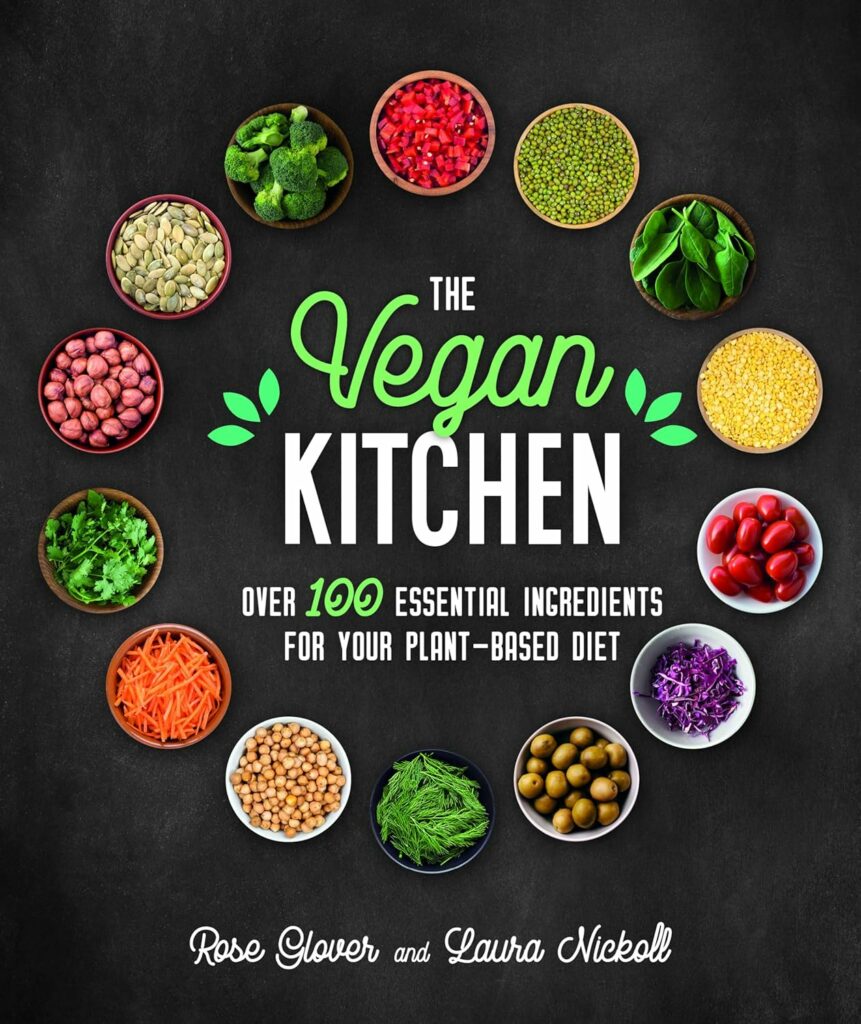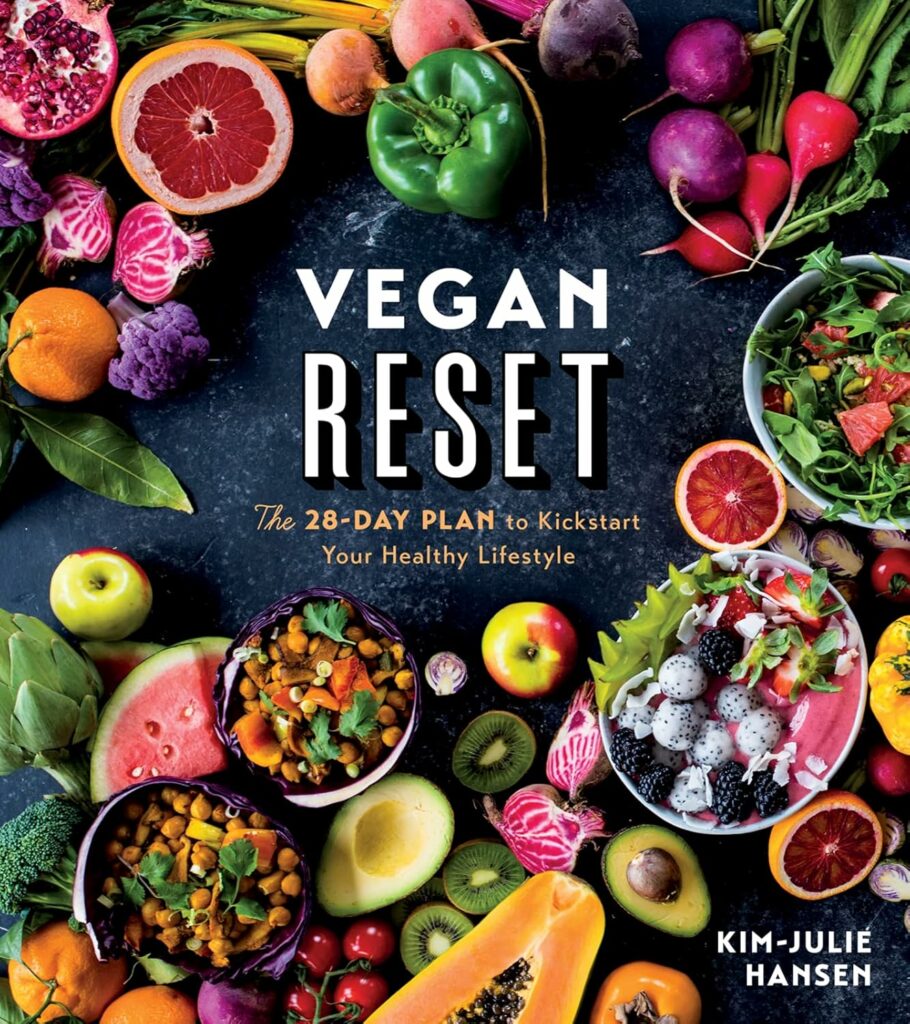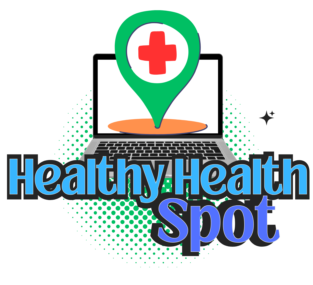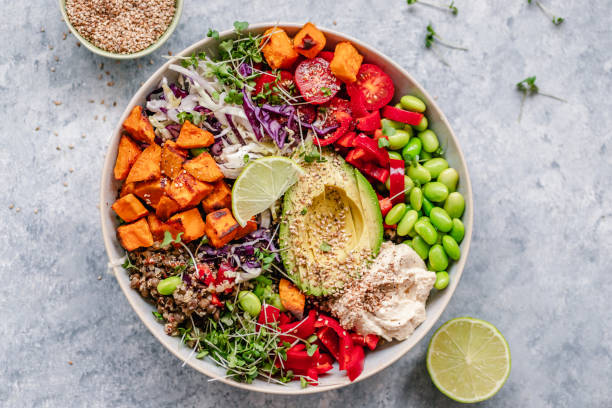
The Vegan Diet: Embrace a Lifestyle of Health and Compassion
In recent years, the Vegan Diet has surged in popularity as more people recognize its health benefits, ethical considerations, and environmental impact. The Diet eliminates all animal products, including meat, dairy, and eggs, focusing instead on plant-based foods. Whether you’re motivated by health, the planet, or animal welfare, the Vegan Diet offers a fulfilling and sustainable way to live.
What is a Vegan Diet?
The Vegan Diet is a plant-based eating pattern that excludes all animal-derived products. This means no meat, poultry, seafood, dairy, eggs, or even honey. Instead, the diet emphasizes fruits, vegetables, whole grains, legumes, nuts, and seeds. The Diet is not just a diet but often a lifestyle, with many vegans also avoiding animal products in clothing, cosmetics, and other areas of life.
People adopt the Vegan Diet for various reasons, including improving their health, reducing their carbon footprint, and taking a stand against animal cruelty. With a little planning, a vegan lifestyle can provide all the nutrients your body needs while aligning with your values.
Benefits of a Vegan Diet
1. Improved Heart Health
The Vegan Diet is naturally cholesterol-free and low in saturated fats, making it an excellent choice for maintaining heart health. Studies show that vegans often have lower blood pressure and a reduced risk of heart disease.
2. Weight Management
A well-planned Vegan Diet is high in fiber and low in calorie density, helping individuals manage their weight effectively without feeling deprived.
3. Lower Risk of Chronic Diseases
Vegans tend to have a lower risk of developing type 2 diabetes, certain cancers, and other chronic conditions due to their emphasis on whole, plant-based foods.
4. Environmental Benefits
The Vegan Diet significantly reduces your environmental footprint by lowering greenhouse gas emissions, conserving water, and preserving land used for animal farming.
5. Ethical Considerations
By adopting a Vegan Diet, you take a stand against animal exploitation and cruelty, promoting compassion and sustainability.
Getting Started with a Vegan Diet
1. Focus on Whole Foods
The foundation of a successful Vegan Diet is whole, unprocessed foods. These include fresh fruits and vegetables, whole grains like quinoa and brown rice, and legumes such as lentils and chickpeas.
2. Incorporate Plant-Based Proteins
A common concern about the Diet is protein intake. Plant-based proteins like tofu, tempeh, seitan, and edamame provide all the essential amino acids your body needs.
3. Fortify with Key Nutrients
Certain nutrients, such as vitamin B12, iron, and omega-3 fatty acids, require attention on the Diet. Fortified foods and supplements can help bridge any gaps.
4. Experiment with Vegan Alternatives
The market is bursting with vegan alternatives to traditional products. Try plant-based milks, cheeses, and meat substitutes to ease your transition.
5. Plan Ahead
Meal prepping and planning can make following a Vegan Diet easier, ensuring you have delicious, nutrient-rich meals ready to go.
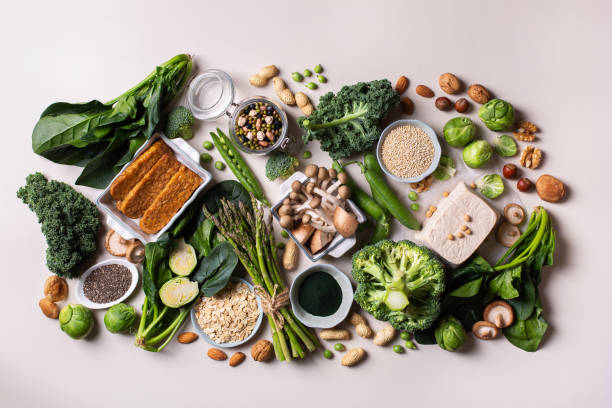
Key Components of a Balanced Diet
1. Fruits and Vegetables
These should make up the majority of your meals on a Vegan Diet. They’re rich in vitamins, minerals, antioxidants, and fiber.
2. Whole Grains
Brown rice, quinoa, oats, and whole-grain bread provide energy and essential nutrients.
3. Legumes and Pulses
Lentils, chickpeas, black beans, and split peas are excellent sources of protein and fiber in a Vegan Diet.
4. Nuts and Seeds
Almonds, walnuts, chia seeds, and flaxseeds offer healthy fats and a protein boost.
5. Fortified Foods
Many vegans rely on fortified plant-based milks, cereals, and nutritional yeast to meet their needs for vitamin B12, calcium, and other nutrients.
Challenges and How to Overcome Them
1. Nutritional Gaps
A poorly planned Diet can lead to deficiencies in nutrients like vitamin B12, iron, and omega-3 fatty acids. Regularly consume fortified foods and consider supplements if necessary.
2. Social Situations
Dining out or attending events can be challenging. Research menus in advance or bring a vegan dish to share.
3. Misconceptions
Some people may question the adequacy of a Vegan Diet. Equip yourself with knowledge and share the health and environmental benefits of plant-based eating.
Tips for Success on the Diet
1. Educate Yourself
Understanding the nutritional requirements of a Vegan Diet will help you make informed choices and stay healthy.
2. Experiment with Recipes
Explore new vegan recipes and cuisines to keep your meals exciting and enjoyable.
3. Join a Community
Connect with other vegans for support, advice, and inspiration on your journey.
4. Transition Gradually
If a full switch feels overwhelming, start by incorporating more plant-based meals into your diet and reducing animal products over time.
5. Stay Consistent
Consistency is key to reaping the benefits of a the Diet. Stick to your plan and celebrate your progress.
Foods to Avoid
1. Meat and Poultry
These include all forms of beef, chicken, pork, and lamb.
2. Seafood
Fish, shellfish, and other sea animals are excluded from a Vegan.
3. Dairy Products
Milk, cheese, butter, and yogurt are replaced with plant-based alternatives.
4. Eggs
Eggs are off-limits on a Vegan Diet, but substitutes like flaxseed or chia seed eggs work well in recipes.
5. Honey
As it is derived from bees, honey is not included in the Diet. Maple syrup and agave nectar are popular substitutes.
Conclusion: Why Choose the Vegan Diet?
Adopting a Vegan Diet is a powerful step toward better health, ethical living, and environmental sustainability. By focusing on plant-based foods, you can enjoy a wide range of health benefits while contributing to a more compassionate and eco-friendly world. The flexibility, variety, and nutritional richness of the Diet make it an excellent choice for anyone looking to enhance their well-being.
At Healthy Health Spot, we’re dedicated to providing the best information on health and wellness. Explore our website for more insights and resources on the Diet and other lifestyle choices. We’d love to hear your thoughts—share your experiences, tips, and questions in the comments below, and let’s inspire one another to live healthier, happier lives!
Start your journey with the Vegan Diet with these Beginner Cookbooks
